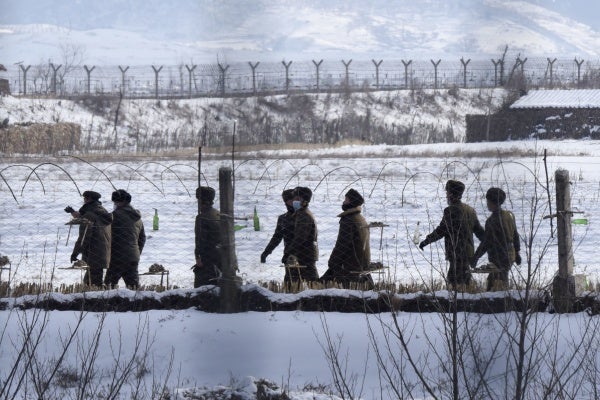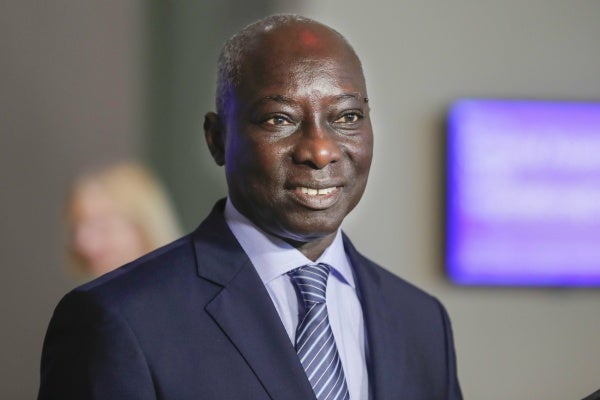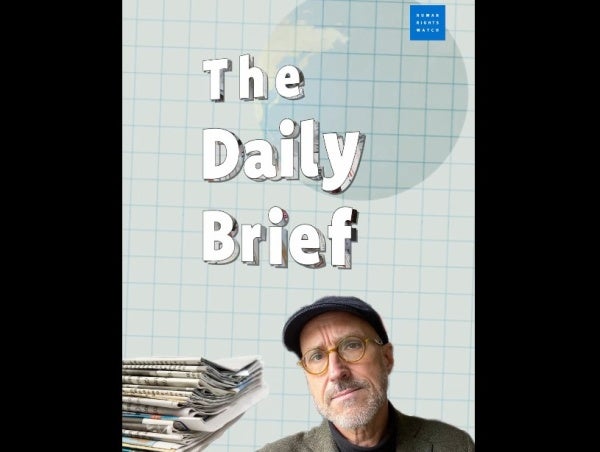Lire la version en français / Hier die deutsche Ausgabe lesen / Lea la versión en español
North Korea has one of the worst human rights situations in the world, and it’s about to come under a new global spotlight.
I say, “one of the worst,” because Human Rights Watch doesn’t rank countries. We don’t say, West Ruritania has the seventeenth worst human rights record in the world, and East Ruritania is somehow better in eighteenth position.
Such comparisons are unhelpful, because every government should work to improve its respect for human rights, regardless of what other countries are doing. More importantly, ranking would demand thousands of impossible judgements about relative suffering.
What’s worse, for example, authorities that systematically torture people or authorities that deliberately block life-saving aid from reaching starving people? There’s no comparing them – they’re both awful.
So, HRW doesn’t rank countries, nor does Amnesty International, by the way. In their big annual report on The State of the World’s Human Rights, released this morning, you won’t find a list of best to worst.
However, if anyone did make a list of the most awful human rights abusers, North Korea would clearly be near the top.
Third-generation dictator Kim Jong Un runs the country with totalitarian ferocity. The government forces extreme obedience through torture, executions, brutal imprisonment, forced disappearances, and forced labor. All basic liberties – like freedoms of expression, association, and religion – are denied. Independent media, civil society groups, trade unions: all banned.
North Korea has been so horrific for so long, it sometimes gets forgotten in international news. Media don’t consider the horror newsy, because it’s not new.
But the situation will hopefully get more global attention in the coming months, after the UN Human Rights Council adopted a resolution that strengthens investigation of North Korea’s abuses, both past and present, and boosts resources for accountability efforts.
Importantly, the new resolution also stresses the link between North Korea’s weapons program and human rights. For decades, the government has diverted billions to the development of nuclear weapons and missile programs, ignoring people’s basic rights, like the right to food and health, and making North Korea one of the poorest countries in the world.
Not only is it critical to recognize the connection between the development of weapons systems and human rights in North Korea, but this focus will also help keep the appalling rights situation in the international eye.
Some may be skeptical about the impact a resolution like this can have, but it is the most ambitious such resolution in many years. It carries immense importance for victims who’ve been suffering repression in isolation, in what is, by any ranking, one of the worst human rights situations in the world.







